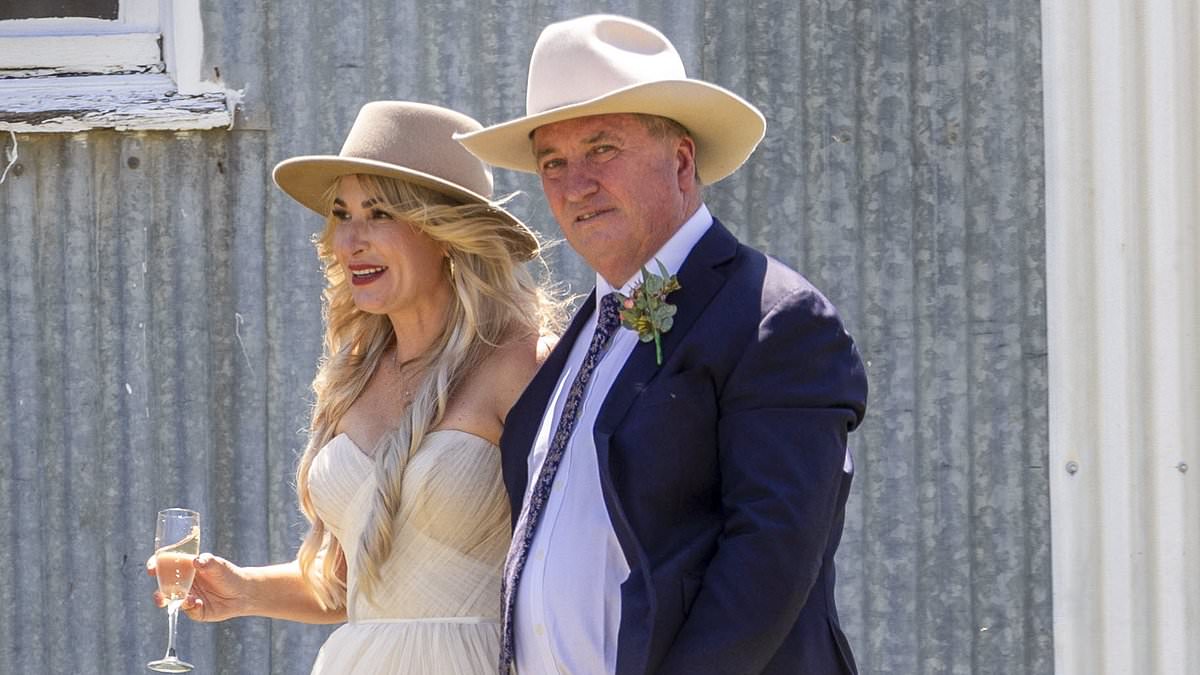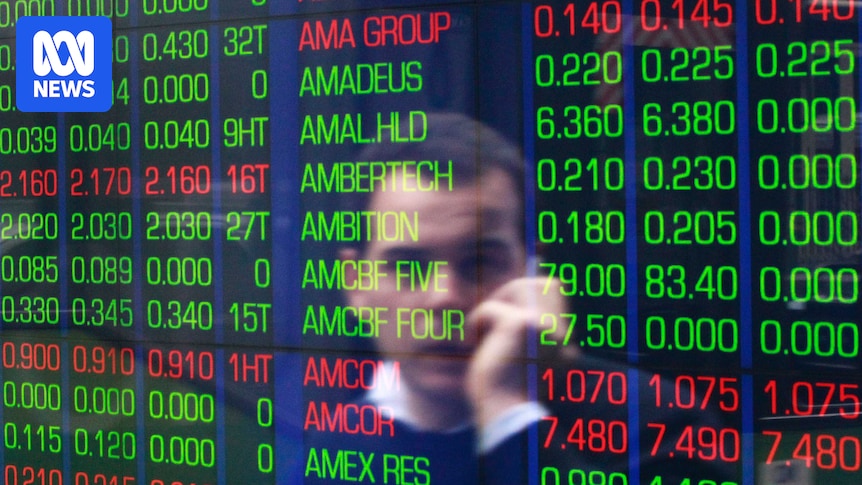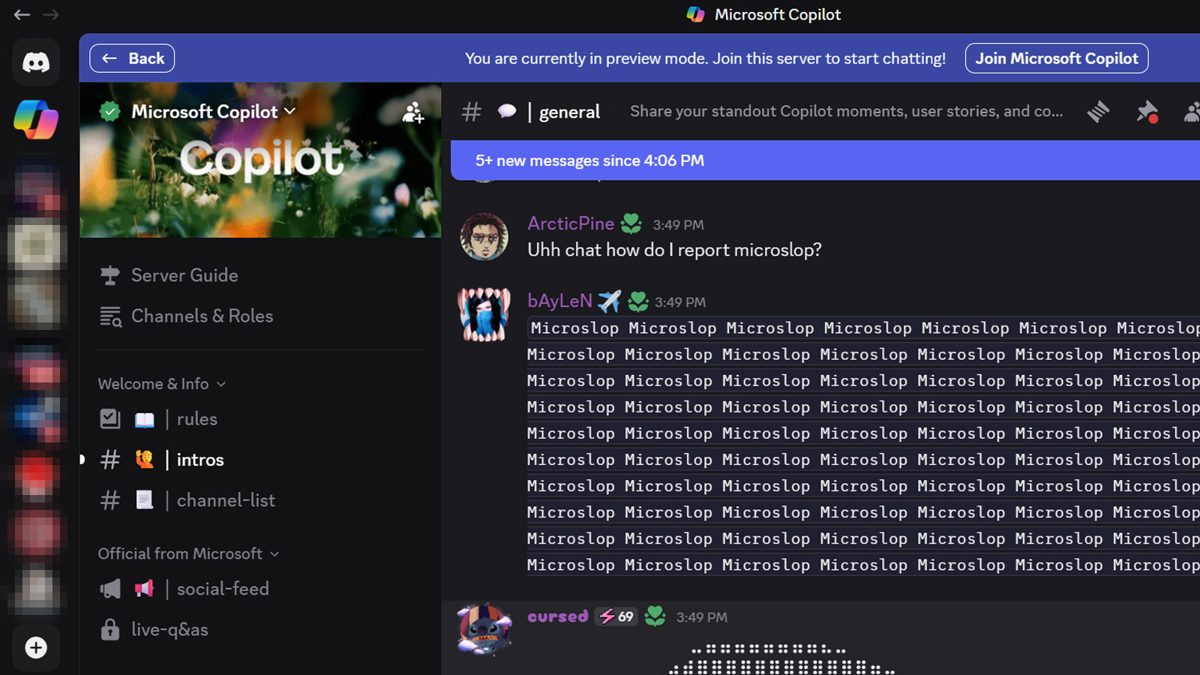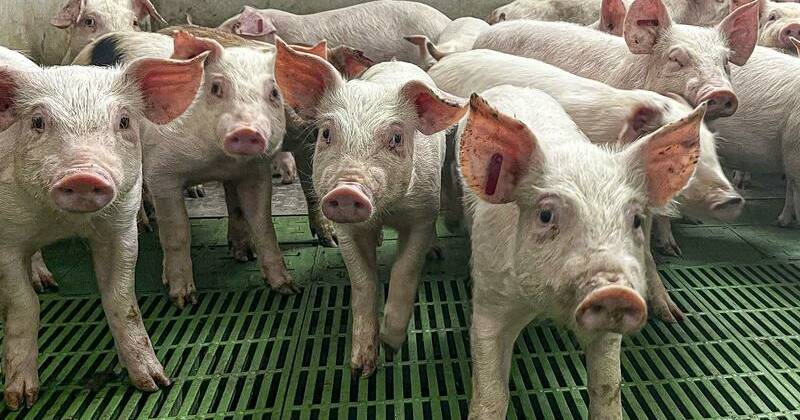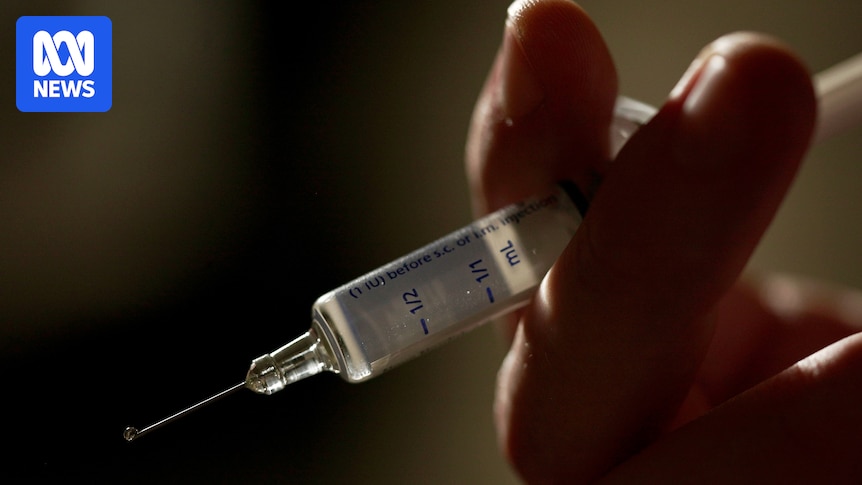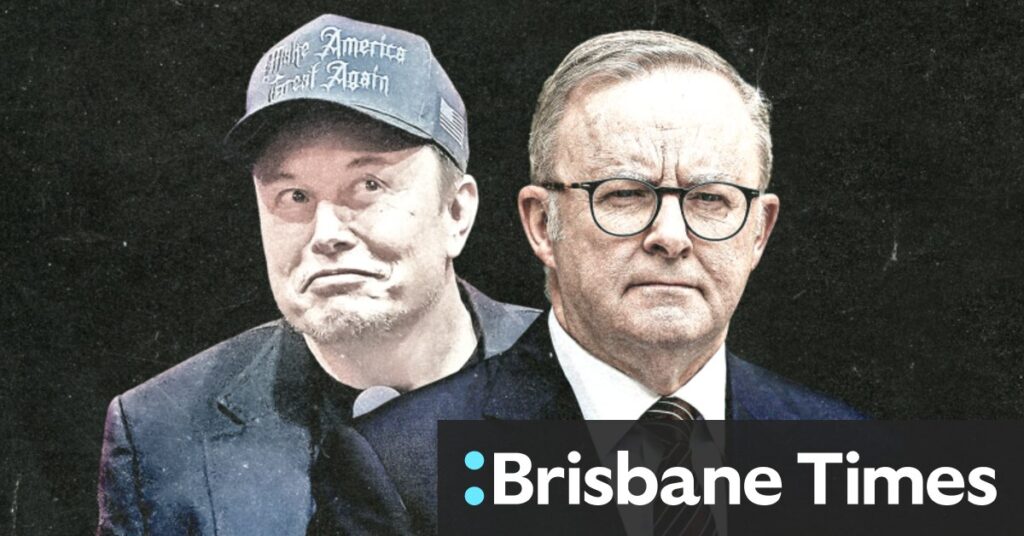
Elon Musk’s company, X, has accused the Albanese government of undermining children’s rights by restricting their free speech and access to information. The social media platform is seeking a delay of at least six months for Australia’s impending social media ban for users under 16, set to take effect on December 10.
In a submission to an Australian Senate inquiry, X argued that less than one percent of its Australian users are under 16. The company insisted that its content moderation teams, though significantly reduced following Musk’s 2022 acquisition of the service, are equipped to protect young users. X’s submission also highlighted concerns about the lawfulness of the age restriction, referencing international human rights treaties such as the UN Convention on the Rights of the Child.
Global Context and Industry Response
The proposed ban is a world-first and includes platforms like TikTok, Instagram, and Facebook. It could extend to dating and gaming sites, including Lego Play, Reddit, Tinder, and Hinge, after the eSafety Commissioner requested operators to verify their compliance with the law. X has frequently clashed with the eSafety Commissioner over regulatory measures, arguing that the discretion allowed to ministers poses a “significant risk of regulatory weaponisation” and threatens “freedom of information, speech, and access to the internet.”
Meanwhile, US President Donald Trump, who has had a complex relationship with Musk, has vowed to impose tariffs or export restrictions on countries that regulate American tech firms. Trump recently reiterated his stance on his platform, Truth Social, stating,
“I will stand up to countries that attack our incredible American tech companies. Unless these discriminatory actions are removed, I will impose substantial additional tariffs on that country’s exports to the USA.”
Government’s Stance and Public Reaction
Communications Minister Anika Wells, speaking from New York, refuted X’s claims, asserting that the government is acting to protect children’s wellbeing, which is also safeguarded by international agreements. “There is so much evidence now about the mental harms inflicted on children by being exposed to social media too young,” Wells stated on Nine’s Today show.
Wells is currently in the United States, meeting with tech companies to communicate the government’s expectations before the December 10 deadline. She emphasized the responsibility of these companies to use their resources to ensure online safety for children. However, she did not confirm any meetings with Elon Musk.
Opposition communications spokesperson Melissa McIntosh criticized Wells’ US trip during the ongoing fallout from the Optus network outage and developments on the social media ban. McIntosh described the trip as a “PR tour,” adding,
“Australian parents and children are still left wondering how these changes will be implemented and which platforms will be included. This chaotic and scattergun approach is creating more confusion for Australian families.”
Implications and Future Considerations
X’s request for a delay includes a grace period for implementing engineering changes, suggesting that parental controls could be more effective than a blanket ban. The platform maintains that children will find ways to circumvent the laws, and a more nuanced approach could better protect young users.
As the December deadline approaches, the debate over the social media ban continues to unfold. The outcome could set a precedent for how other countries regulate minors’ access to digital platforms. With tech giants and governments at odds, the resolution of this issue will likely impact global discussions on digital rights and safety.
Communications Minister Wells has stated that gaming and messaging apps will not fall under the ban, but platforms must demonstrate to the eSafety Commissioner that they are not facilitating harmful behavior. The ongoing dialogue between tech companies and regulators will be crucial in shaping the future of digital policy and children’s online safety.
